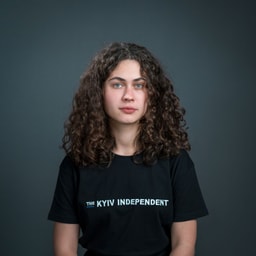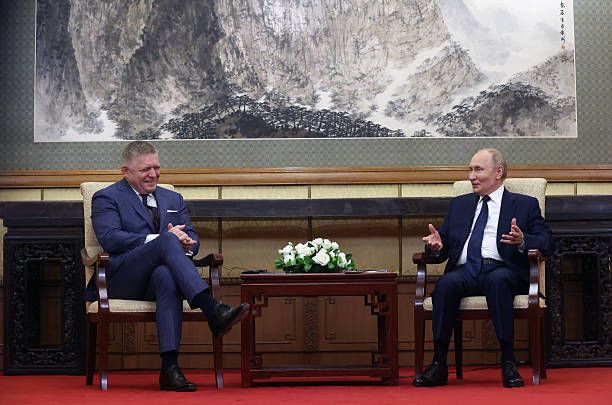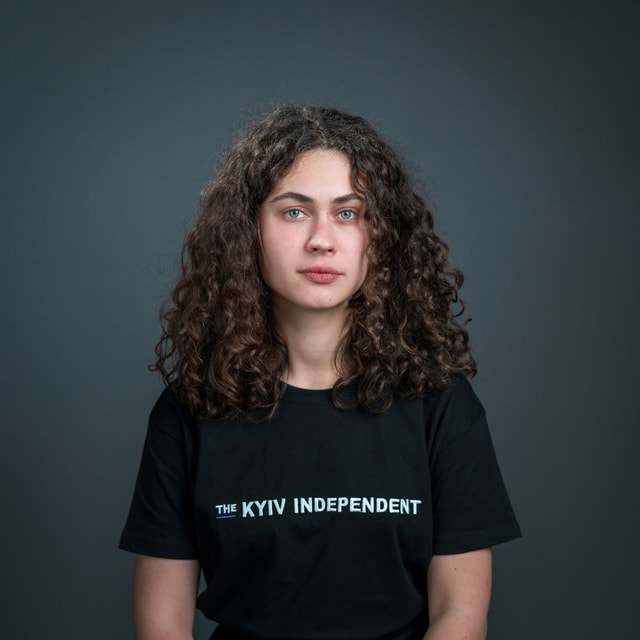Update: Ukrainian, Slovak leaders disagree over Russian pipeline attacks at top-level meeting

President Volodomyr Zelensky said on Sept. 5 that Ukraine would not stop responding to Russian attacks on its energy infrastructure after Hungary and Slovakia asked Kyiv not to attack a Russian oil pipeline.
Zelensky made the statement after a meeting with Slovak Prime Minister Robert Fico in Uzhhorod, a regional capital in western Ukraine.
The meeting followed Ukrainian strikes in August on the Druzhba oil pipeline, which supplies Russian crude to Hungary and Slovakia.
Zelensky also said that Ukraine is ready to supply gas and oil to Slovakia as long as it is not Russian gas or oil. He added that "Russian oil, like Russian gas, has no future."
"We had a meaningful conversation. It is important that we have this dialogue. We will continue it", Zelensky said after the meeting with Fico.
Fico said at a briefing with journalists after the meeting that Ukraine and Slovakia have "diametrically opposed views" about energy.
"I said that I respect (the Ukrainian) president's point of view but I also expect you to respect our views," Fico said.
Meanwhile, Hungarian Foreign Minister Peter Szijjarto said on Sept. 5 that Budapest buys Russian oil directly because it "has no other option," Hungarian outlet Telex reported.
The Slovak delegation in Uzhhorod included Deputy Prime Minister Denisa Sakova and Foreign Minister Juraj Blanar, according to the Slovak publication Dennik N.
Zelensky was accompanied by Prime Minister Yulia Svyrydenko.
Fico also met with European Council President Antonio Costa at a Ukrainian border checkpoint on Sept. 5.
Heorhii Tykhyi, the spokesperson for Ukraine's Foreign Ministry, told reporters at a briefing on Sept. 5 that Ukraine and Slovakia would discuss bilateral cooperation and energy infrastructure.
"Despite Russia's daily attacks on Ukrainian infrastructure and energy, Ukraine remains a reliable partner," Tykhyi said.
"The transportation of oil and gas through Russian territory is the responsibility of the Russian side. Not only Slovakia, but also other countries, in particular Hungary, have expressed their concerns in this regard," Tykhyi added.
At a meeting with Russian President Vladimir Putin in Beijing on Sept. 2, Fico pledged to discuss with Zelensky attacks on energy infrastructure and argued that they were "unacceptable."
Fico was referring to recent Ukrainian strikes on the Druzhba oil pipeline, which supplies Russian crude to Hungary and Slovakia.
The Druzhba pipeline is one of the world's largest oil networks and remains a lifeline for Hungary and Slovakia, the only EU countries still importing Russian crude through the system.
Since returning to office in 2023, Fico has ended military aid to Ukraine from Slovak army stocks and questioned EU sanctions on Russia. In the past, Fico has also vowed to block Kyiv's NATO accession — a move that requires the agreement of all 32 members, including Slovakia.
As relations between Bratislava and Moscow continue to deepen, European allies have criticized Fico and Hungarian Prime Minister Viktor Orban for their ties to Moscow.












